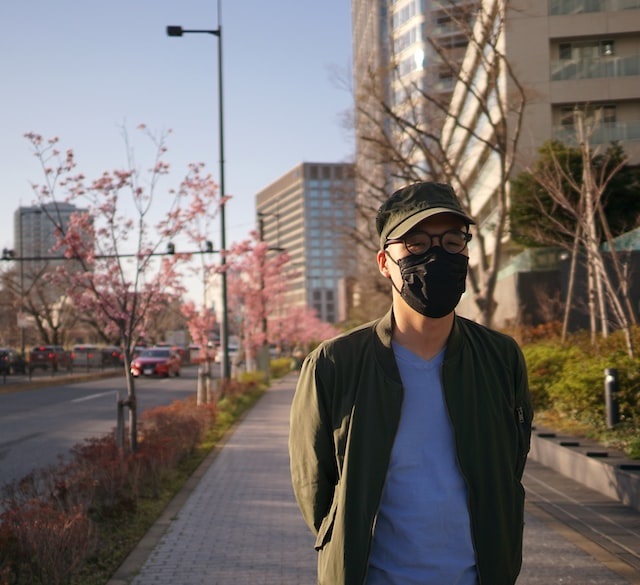Thousands of Chinese families are planning for the Spring Festival, or Chinese New Year, the most traditional holiday. The streets of the main cities have been busier, with a high flow of vehicles and people in the parks, despite the intense winter. Shopping malls, clubs and restaurants have been full again.
On January 8th, the country decided to reopen its borders and international terminals of airports such as Daxing in Beijing or Pudong in Shanghai were busy again with family members waiting for the arrival of relatives from abroad. The first two flights to take advantage of the changes in ‘covid zero’ was one from China Southern Airlines, between Toronto (Canada) and Canton (China), and another from Singapore. Some 387 passengers were the first to arrive and did not have to undergo mandatory quarantine as before.
After the announcement of the easing of measures, demand for international tickets for travel to China skyrocketed. According to official data, the total number of outbound and inbound tickets purchased for January 8th increased by 628 percent, matching the peak recorded in March 2020, when millions of people attempted to leave while pandemic restrictions were in place.
I think the most difficult time for China’s tourism industry is behind us.
Haiqing Lu, chief of corporate affairs at InterContinental Hotels
The Global Times reported that the border with Vietnam at Hekou has seen an influx of people carrying flowers to meet friends and relatives living in the other country. Similarly, with Hong Kong, border crossings were opened. Analysts and organizations see this relaxation as an important point for the national economy. The Chinese government has said that with the “optimization” of the measures, “the economy is expected to grow faster”.
Forecasts from financial institutions, such as J. P. Morgan Asset Management, indicate that China’s GDP growth would rise to 5.4 percent in 2023, something that Goldman Sachs agrees with, according to recent reports.
“I think the most difficult time for China’s tourism industry is behind us, and what didn’t kill us will only make us stronger,” Haiqing Lu, chief corporate affairs and strategic relations officer at InterContinental Hotels Group Greater China told Reuters. “Although it’s hard to quantify the recovery in the coming months at this point, we firmly believe, ‘once the gate is open, the trend is irreversible.'”
After the opening of borders was announced on the night of December 26th, outbound flight bookings skyrocketed with a spike in demand expected for the upcoming Lunar New Year break at the end of January. Singapore, South Korea, Hong Kong, Japan and Thailand are leading the most popular destinations for Chinese travelers. Searches for visa applications have also grown over the past few months.
Singapore was the fastest-growing of all the destinations, with flight bookings leaping six-fold, followed by an average 400% jump in airline ticket orders for the other four destinations. Moreover, bookings for long-haul flights to the United Kingdom, the United States and Australia also grew.
Shanghai, Beijing, Guangzhou, Chengdu and Hangzhou claimed the top five places as the most popular cities of departure in light of online searches for outbound flights. Meanwhile, the booming demand for international travel is further mirrored by a spike in interest among overseas tourists looking to visit China.
After the government lifted pandemic controls back in December, Covid cases began to go up. On December 29th, China’s chief epidemiologist Wu Zunyou assured at a press conference that infections in populous cities such as Tianjin, Chengdu Beijing had reached their limit.
Several countries around have nonetheless decided to impose preventive measures on travelers from China. Despite the initial hope, a new wave of infections seems to be spreading across the country. Official numbers cite about 5,000 cases per day, but many think the number is severely misinforming, the BBC reporting the “daily case load may be closer to a million”, with overwhelmed hospitals and a nationwide lack of basic medicine.













